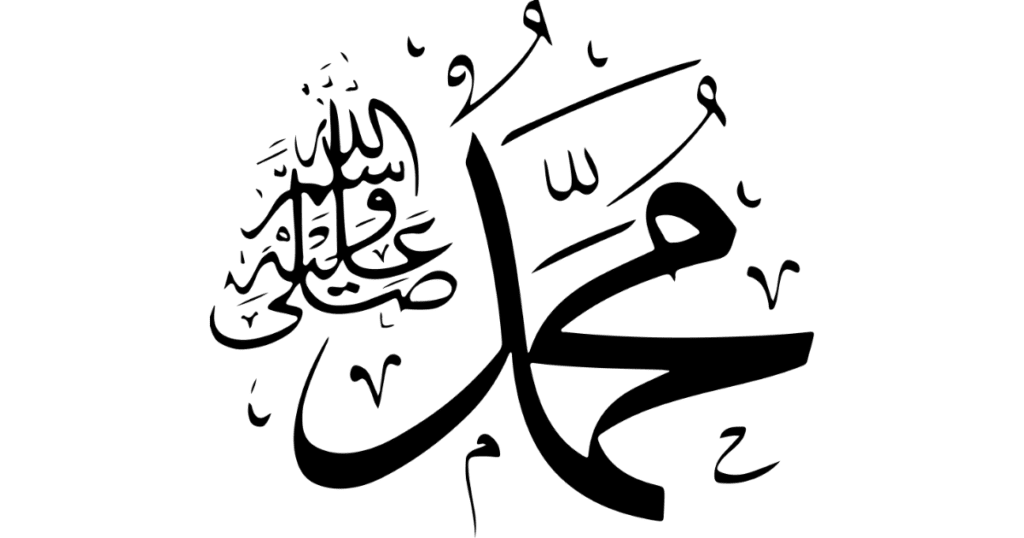بِسْــــــــــــــــــمِ اﷲِالرَّحْمَنِ اارَّحِيم
Concepts of Critical Thinking in Surah Mulk
Contrary to what many may think, the Quran actually argues that human beings should not take things at face value but instead use their intellect. This concept has been clearly highlighted in ayat no. 23 of Surah Mulk, where Allah Almighty says:
“Say: It is He who has brought you into being and given you the faculties of hearing, seeing, and understanding; yet you are seldom thankful.”
This is also very interesting because the order in which we are told to use our intellect is indeed very logical. We are first asked to hear “Samaa,” then see “Absaara,” and then think “Al-Afeeda.”. Usually, the word “Al-Afeeda” is used in the context of the heart and not the mind, but here it is being used to feed what we hear and see, channel it through our capacity for understanding, and use our intellect to make an informed decision.
The Quran is teaching us a huge lesson here. We can only get conviction of the heart once we get conviction by intellectually stimulating our mind through the power of our observation (hearing and seeing), reflection, introspection, and contemplation.
This concept is also highlighted in Ayat no. 10 when the disbelievers are being thrown into hellfire. They say:
“Had we only listened or used our intelligence, we would not be among the inmates of the blazing fire.”
.Again, this is also a very interesting statement because the door to intelligent thinking is closed if the opportunity to listen is not there. That listening allows us to reflect, which allows us to agree on something. This meaning of listening is encompassed in the word “nasmaoo.“. It is interesting to also note that sometimes critical thinking is confused and unnecessarily comes into conflict with a major article of our faith, “Ghaib” (belief in the unseen).
This is highlighted in ayat no. 26, when the disbelievers were asking Rasool Allah (SAW) when the day of judgement would arrive, and he (SAW) was instructed to tell them that “Allah Almighty alone has knowledge of that.”.
We must ask ourselves: Why are we so curious to find the answer to the question that the Quran deliberately hides from us or doesn’t tell us instead of focusing on what it actually tells us? Allah Almighty alone has knowledge of the “Ghaib,” as Allah Almighty himself is the “Al-Ghaib,” and sometimes He deliberately keeps things from us.
Belief in the Ghaib is a part of our Eemaan, yet we keep faltering. If we had knowledge of the Ghaib, then the purpose of our existence would be useless. We would not journey through our lives by having “Taqwa” (God Consciousness) or “Tawaqqul” (Trust in Allah), as we would know things like what the future holds for us.

Also Read:
> The Reflections of Aziz and Ghafoor in Surah Mulk
> What is the Concept of Surah Tabarak?
> Can I Recite Surah Mulk Full Lying in Bed?
We would also not have any belief in the oneness of Allah (Tawheed), because having knowledge of the unseen is having a power only reserved for Allah (SWT). The Quran also cites many examples of useless questions people have asked that are irrelevant and reveal something that we have hidden from them.
They missed the point of sacrifice altogether. Also, when people from the cave woke up, others who found out about them started arguing about the number of years they had slept—another useless point to argue about. By having belief in the Ghaib, Allah Almighty is actually teaching us how to think by not asking unnecessary questions that have no importance or significance.
Conclusion
Allah Almighty also teaches us to trust His decisions (Tawakkul) and to show patience (Sabr) when He does something that upsets us. We may not agree with that decision, as we cannot see Allah’s (SWT) wisdom in it. The account of Hazrat Musa (AS) and khizr in Surah Kah’f is an ideal example of this. Let us raise our level of critical thinking and focus on the treasures that the Quran tells us about. We may read many novels and have beautiful drawing room conversations with people about them, doing critical analysis.
But when it comes to the ultimate book of knowledge, whose goal is to lead us to the conviction of the mind and eventually the conviction of the heart in seeking the truth, we tend to run far away from it. Let us make the Quran our true companion and find the topics and issues that actually interest us. As we dive into it, we will realize that there is an ocean of hidden pearls that we need to discover for ourselves. Inshallah.
2 thoughts on “What is the concepts of critical thinking in Surah Mulk?”
Comments are closed.